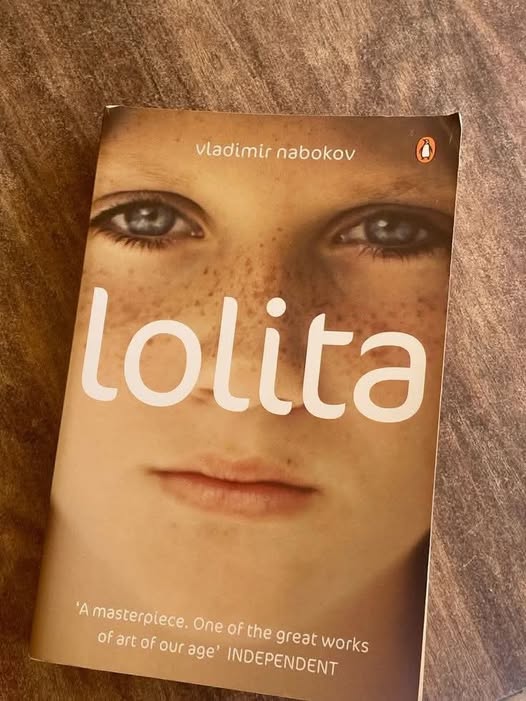Lolita, written by Vladimir Nabokov and first published in 1955, is one of the most controversial and brilliantly written novels of the twentieth century. The book tells the story of Humbert Humbert, a middle-aged literature professor who becomes obsessively infatuated with a twelve-year-old girl named Dolores Haze, whom he nicknames Lolita.
At its surface, Lolita is the disturbing confession of a man’s obsession and manipulation. Yet beneath the scandalous subject matter lies a masterpiece of language, irony, and psychological depth. Nabokov’s prose is dazzling — playful, poetic, and full of linguistic precision. He turns what could have been a shocking and immoral story into a complex meditation on obsession, self-deception, and the destructive nature of desire.
The novel is narrated entirely from Humbert’s perspective, which makes readers both fascinated and uneasy. His charm, intelligence, and eloquence often mask the cruelty of his actions. Nabokov intentionally manipulates the reader, forcing us to question the reliability of Humbert’s voice and to recognize how language can be used to justify evil. This unreliable narration is one of the novel’s greatest artistic achievements.
Beyond the personal story, Lolita can also be read as a critique of American culture in the 1950s — its materialism, superficiality, and obsession with youth and beauty. Nabokov, a Russian émigré, viewed America with both fascination and irony, portraying it as a land of highways, motels, and moral confusion.
Despite its dark subject, Lolita is not a book about love — it is a book about the illusion of love, about how obsession can destroy innocence and corrupt beauty. Through Humbert’s poetic yet poisonous voice, Nabokov explores how language can seduce, distort, and ultimately reveal the truth.
When it was first published, Lolita caused great controversy and was even banned in several countries. Yet over time, it came to be recognized as a literary masterpiece — not because of its plot, but because of Nabokov’s unmatched artistry, his command of English (which was not his native language), and his ability to transform moral horror into aesthetic brilliance.
Today, Lolita remains a deeply challenging and thought-provoking novel. It asks readers to confront uncomfortable questions about morality, empathy, and the power of language. Nabokov’s Lolita is not meant to please or comfort — it is meant to disturb, to provoke, and to remind us that art can expose the darkest corners of the human soul.

